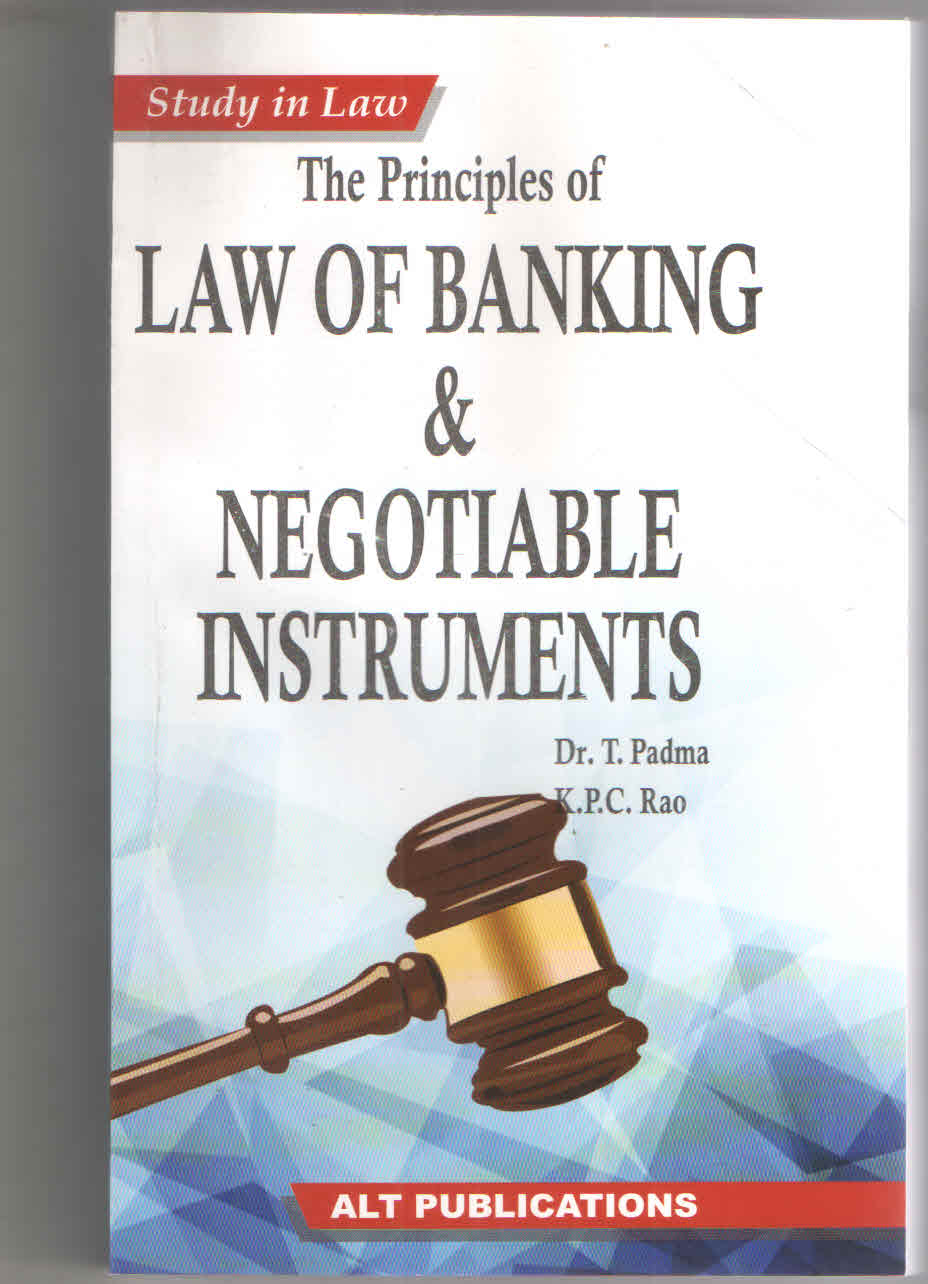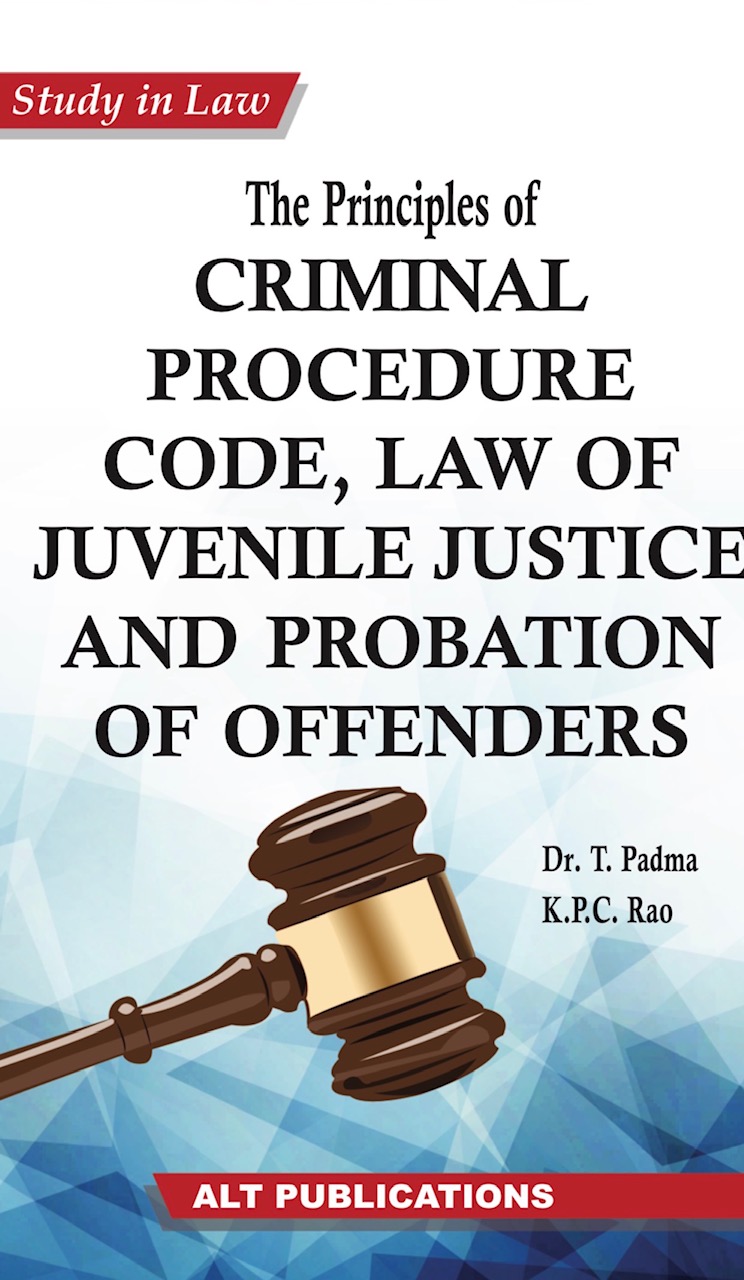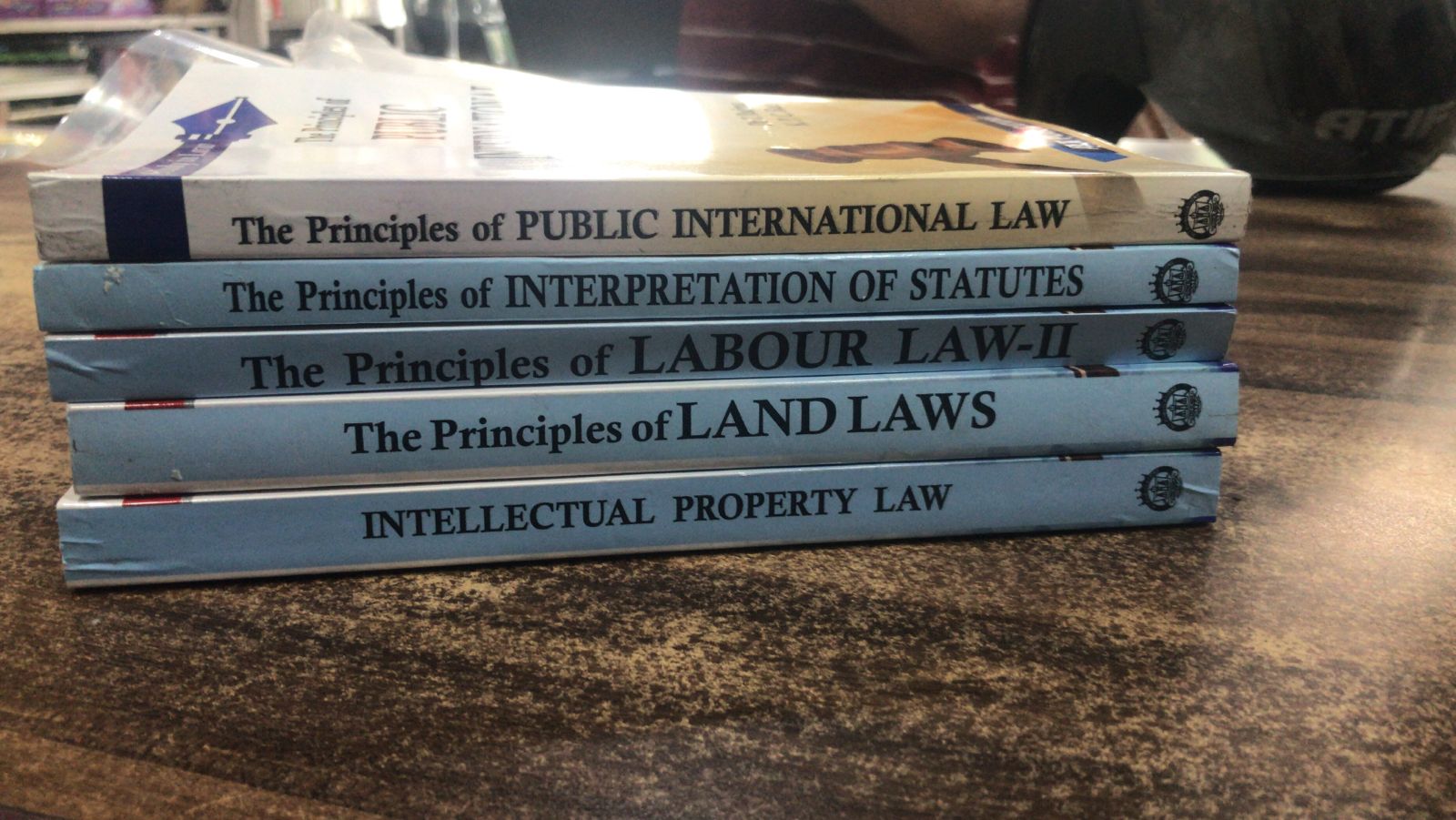A bank is a financial intermediary that accepts deposits and channels those deposits into lending activities, either directly or through capital markets. A bank connects customers with capital deficits to customers with capital surpluses. Banking is generally a highly regulated industry, and government restrictions on financial activities by banks have varied over time and location. Banks can be traced back to ancient times. During the 3rd century AD, banks in Persia and other territories in the Persian ‘Sassanid Empire’ issued ‘letters of credit’ known as sakks. The oldest bank still in existence is ‘Monte dei Paschi di Siena’, headquartered in Siena, Italy, which has been operating continuously since 1472.
The partition of India in 1947 adversely impacted the economies of Punjab and West Bengal, paralyzing banking activities for months. India’s independence marked the end of a regime of the ‘Laissez-faire’ for the Indian banking. The Government of India initiated measures to play an active role in the economic life of the nation, and the Industrial Policy Resolution adopted by the government in 1948 envisaged a mixed economy. This resulted into greater involvement of the state in different segments of the economy including banking and finance. The major steps to regulate banking in India are (i) The Reserve Bank of India, India’s central banking authority, was nationalized, and it became an institution wholly owned and run by the Government of India (1948) (ii) The Banking Regulation Act was enacted which empowered the Reserve Bank of India (RBI) “to regulate, control, and inspect the banks in India.” (1949) (iii) The Banking Regulation Act also provided that no new bank or branch of an existing bank could be opened without a license from the RBI, and no two banks could have common directors (1949). Despite these provisions, the control and regulations of banks in India except the State Bank of India (SBI), are continued to be with the private persons. However, the nationalisation of 14 major banks on 19th July 1969 and six more commercial banks during 1980 has changed the banking scenario in the Country.
The current set of global bank capital standards are called Basel II which were initially published in June, 2004. Basel II uses a “three pillars” concept – (1) minimum capital requirements (addressing risk), (2) supervisory review and (3) market discipline. The purpose of Basel II, is to create an international standard that banking regulators can use when creating regulations about how much capital banks need to put aside to guard against the types of financial and operational risks banks face. Regulators in most jurisdictions around the world plan to implement the new Accord, but with widely varying timelines and use of the varying methodologies being restricted. In India, Reserve Bank of India (RBI) has implemented the Basel II standardised norms on 31st March, 2009 and is moving to internal ratings in credit and Advanced Measurement Approach (AMA) norms for operational risks in banks.
In this book, ‘Law of Banking and Negotiable Instruments’ we have mainly covered Banking Regulation Act, 1949 and Negotiable Instruments Act, 1881. The statutory content of the subject is also found in other enactments like The Indian Contract Act, 1872, The Transfer of Property Act, 1882 and The Consumer Protection Act, 1986. There are certain developments from the judicial front too under the Negotiable Instruments Act, as to the effect of a guarantor’s cheque, renewal of cheque, jurisdiction , criminal liability, when the corporate officers can be held liable for dishonour of cheque, etc.
The Banking Regulation Act, 1949 was amended by The Banking Regulation (Amendment) Act, 2007. Section 138 of the Negotiable Instruments Act, 1881 (“Act”) deals with the offence pertaining to dishonour of cheque for insufficiency, etc., of funds in the drawer’s account on which the cheque is drawn for the discharge of any legally enforceable debt or other liability. The Banking, Public Financial Institutions and Negotiable Instruments Laws (Amendment) Act, 1988 inserted in the Act, new Chapter XVII comprising Sections 138 to 142 with effect from 1 April, 1989. As Sections 138 to 142 of the Act were found deficient in dealing with dishonour of cheques, the Negotiable Instruments (Amendment and Miscellaneous Provisions) Act, 2002, besides other amendments, amended Sections 138, 141 and 142 and inserted new Sections 143 to 147 in the Act aimed, inter alia, at speedy disposal of cases relating to dishonour of cheque through their summary trial as well as making them compoundable. Punishment provided under Section 138 too was enhanced from one year to two years. These amendments were brought into force on 6th February, 2003.
This book provides a short cut to the students of the 3/5 year law degree course to enable them to get a broad understanding of the topics that would be covered under the revised syllabi with effect from the academic year 2009-2010. For better understanding of the subject, we have appended a ‘Glossary of Banking Terms’ though it is not prescribed in the syllabi.
We owe our gratitude to Mr D. Durga Prasad, LL.B, FCS, for his personal attention, inputs and technical support. Our thanks are also due to Mr. M. Venkateswarlu for his wholehearted and efficient secretarial support in bringing out this Book.




